It’s a few minutes after midnight on a Friday, and Ben Kraft, a Shepard Hall Resident Assistant (RA), bursts through the door in a full tuxedo, classical music spilling out of the speaker he’s carrying. He’s not usually this dressed up — he’s just returned from an opera downtown — but it’s not a bad entrance.
 Members of Cookology, an on-campus student cooking group, prepare dishes for a recent Midnight Dinner.
Members of Cookology, an on-campus student cooking group, prepare dishes for a recent Midnight Dinner.
The Shepard Hall Engagement Center demo kitchen has been transformed into a private dining room. The lights are dimmed and a long table is set with a black tablecloth and red centerpiece, candles, and 12 sets of gleaming white plates and silverware. It’s a world away from the casual atmosphere in dining halls and late-night cafés on campus.
It’s almost time for the last of Kraft’s Midnight Dinners, a monthly event open to residents in Shepard Hall and the nearby 1838 Chicago Residential Community. Kraft acts as server while students are treated to good company and a multi-course meal prepared on site by Cookology, an on-campus student cooking group.
The dinners are typically centered around a loose theme; for the first event in October the theme was “Autumn,” featuring in-season dishes like squash soup and chicken with roasted fall vegetables. The January dinner was Korean-themed and students enjoyed dishes like ddukbokki, or stir-fried rice cakes, pork belly, and red bean dumplings.
 One of the many delectable dishes served at Midnight Dinners.
One of the many delectable dishes served at Midnight Dinners.
“I wanted to provide students with other late-night weekend programming as an alternative to partying and to create more unique events for residents to look forward to,” Kraft said. “This event is about residents getting to know each other … a sort of round table for strangers and friends alike to chat and laugh naturally as equals.”
Once Kraft thought of the idea, he turned to Shepard for a venue and received funding through the Shepard Hall Faculty-in-Residence budget, allocated by faculty and Theatre professor Melissa Foster and utilized by RAs. When Cookology came on board, everything was ready.
McCormick freshman Jack Pieterse, a Shepard Hall resident, went to the first Midnight Dinner in the fall, and tried to attend as many as he could throughout the year.
“The first dinner I went to was all fourth-floor residents, and we had a fantastic time talking and obsessing over the great food,” Pieterse said. “I liked the change of pace every few weeks, so I always made a point to free up my schedule. Kraft opened up invites beyond our floor, and I ended up meeting new people in addition to developing friendships on my floor.”
There are several savvy regulars, but each month also brings new faces.
Sophia McCullough, an RA in 1838 Chicago and a Midnight Dinner first-timer, was initially drawn in by “the promise of an amazing, homemade dinner,” but found an intimate setting that was “more conducive to discussion than many of the larger scale events that happen in our area,” she said.
 Residents of Shepard Hall and 1838 Chicago dig into their first course at the last Midnight Dinner.
Residents of Shepard Hall and 1838 Chicago dig into their first course at the last Midnight Dinner.
Conversation swung from intense conversations after the presidential election to school and favorite Pixar movies; Kraft even gave a quick lesson on table etiquette basics for students each dinner.
Kraft especially enjoyed the dinners because his residents could see him as a friend and fellow student encouraging community, “rather than the guy who comes out and tells them to be quiet in the lounge after hours.” He graduates in June and would love if another RA picked up the dinners for next year, but he knows his team members are a creative bunch and will have their own fresh ideas.
“It was one of my favorite parts of living in Shepard, and I’m going to miss it a lot next year,” Pieterse said.





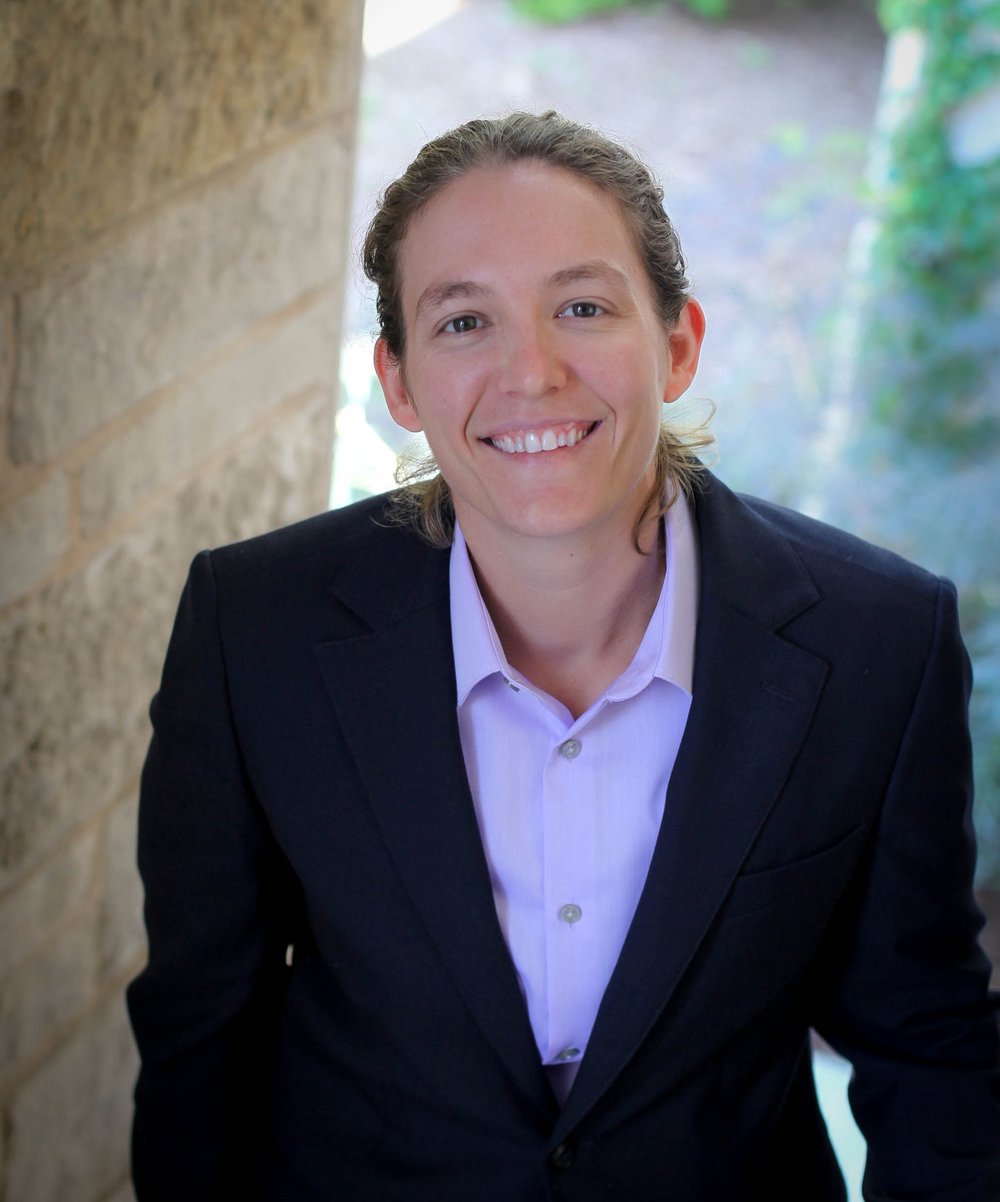
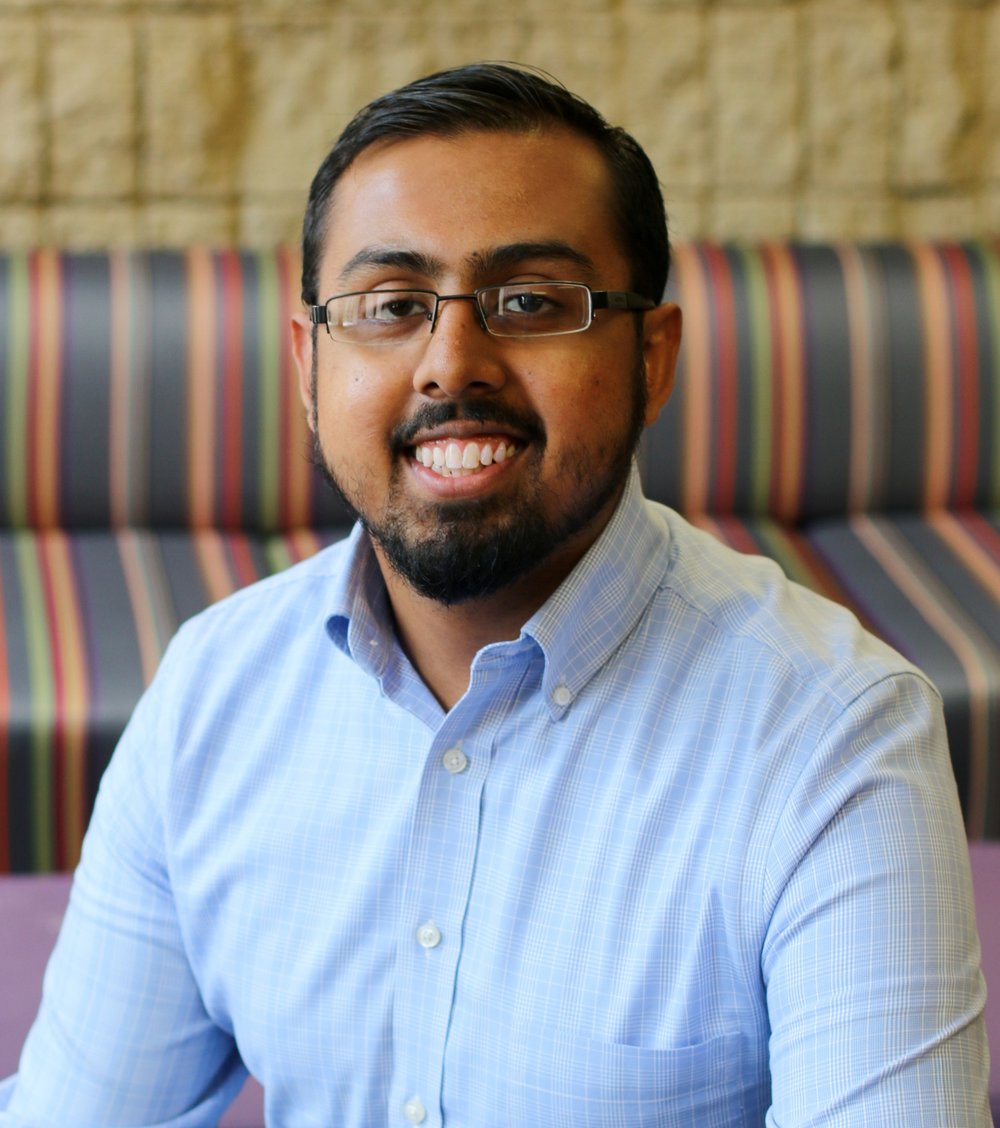
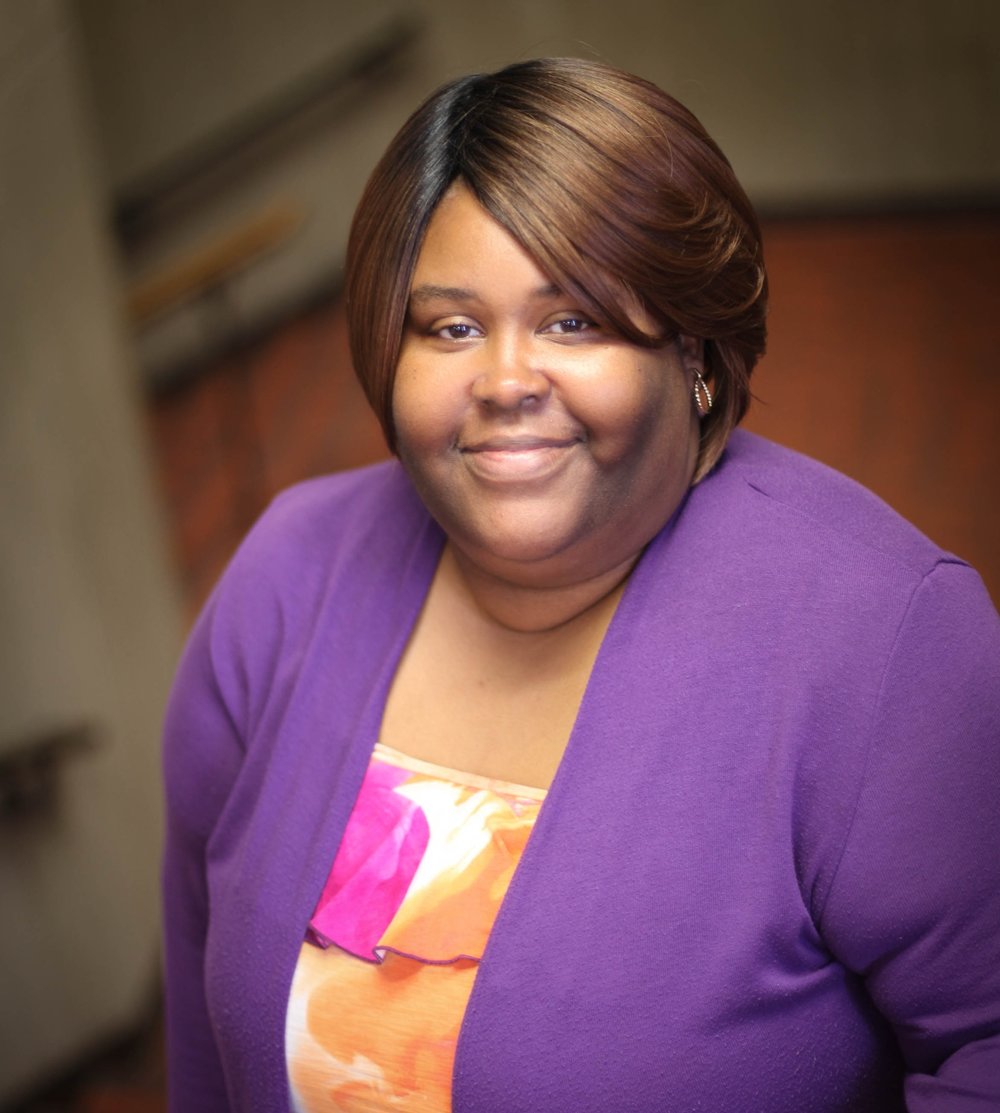
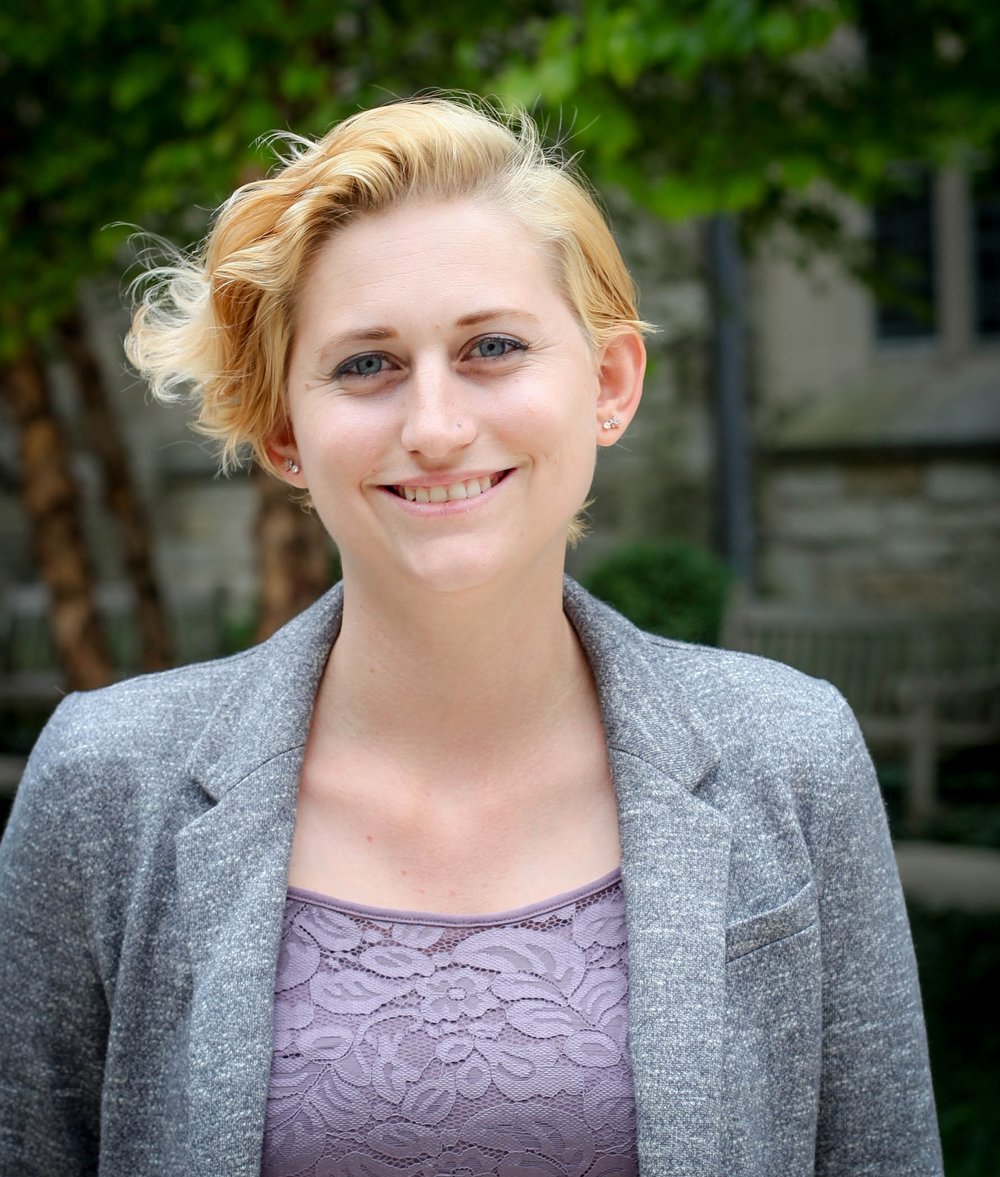

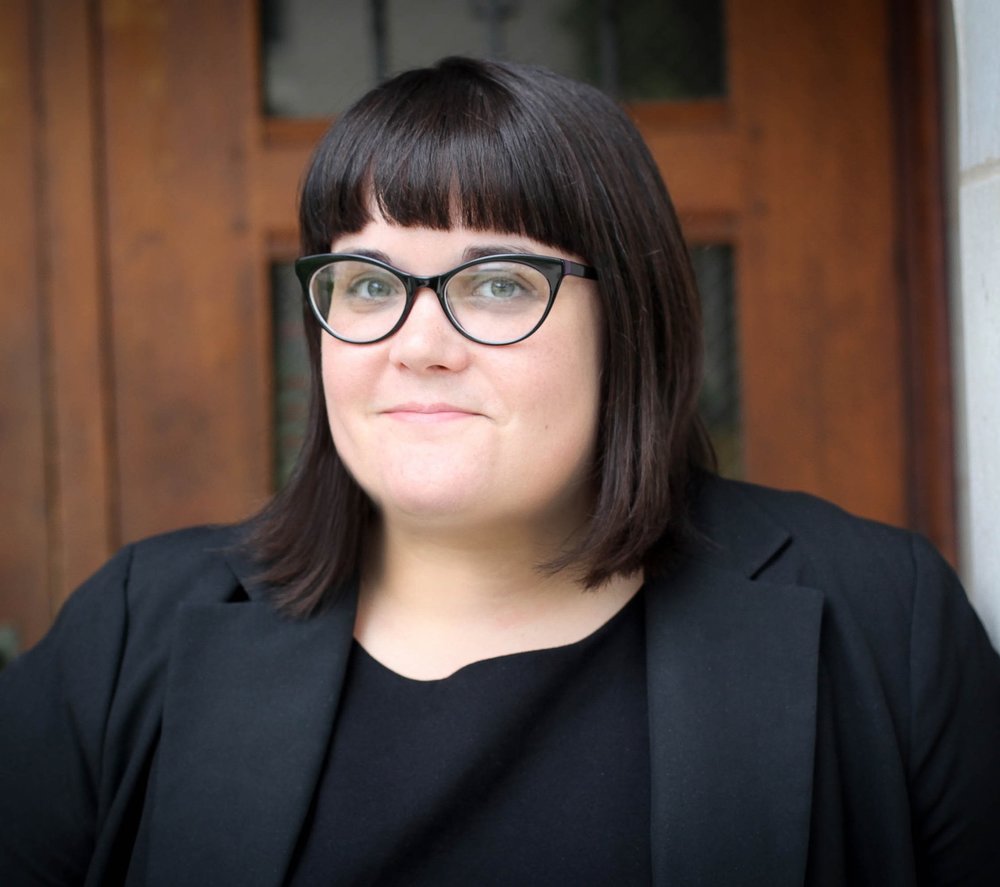
















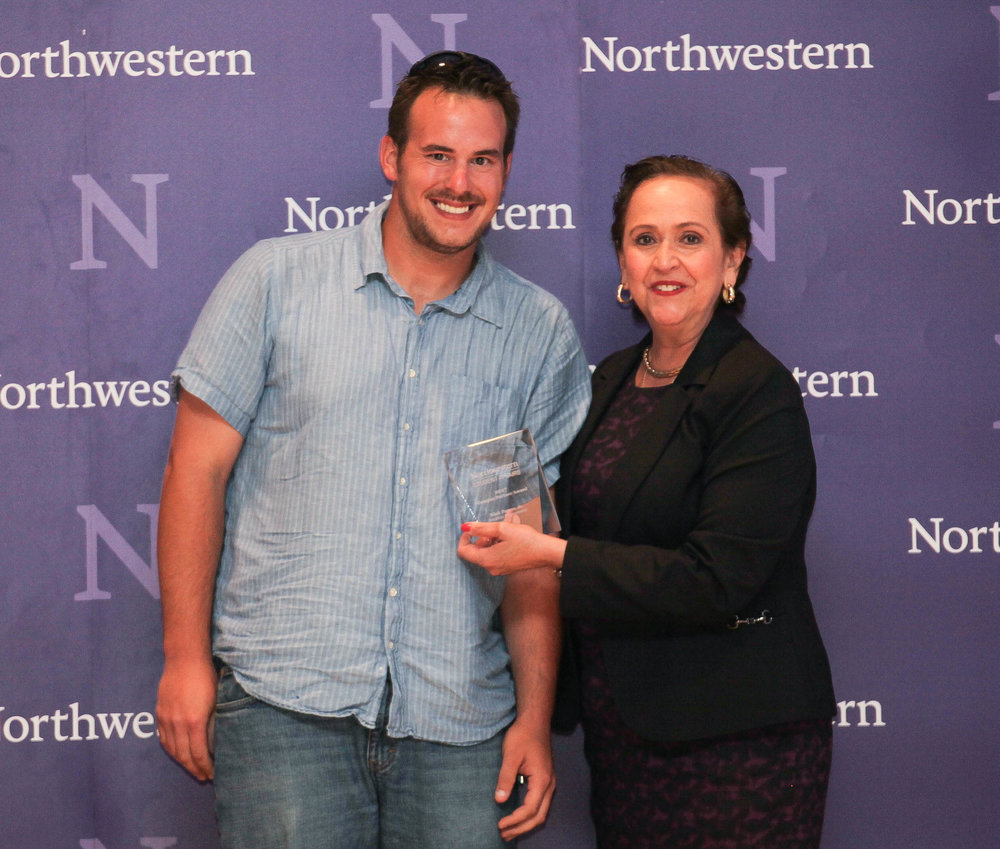


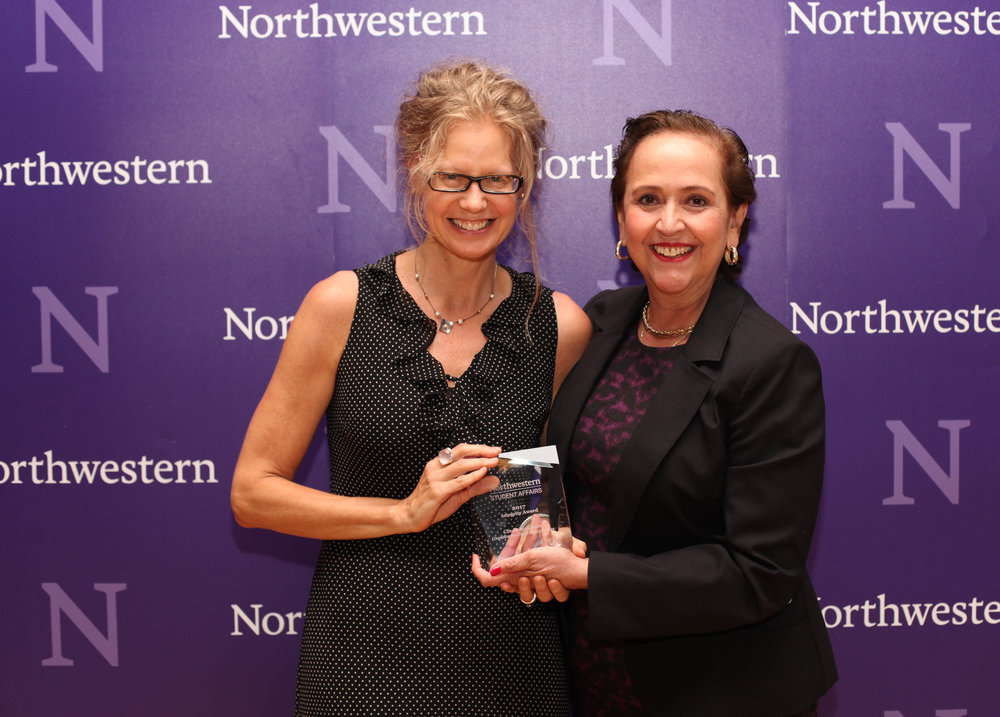

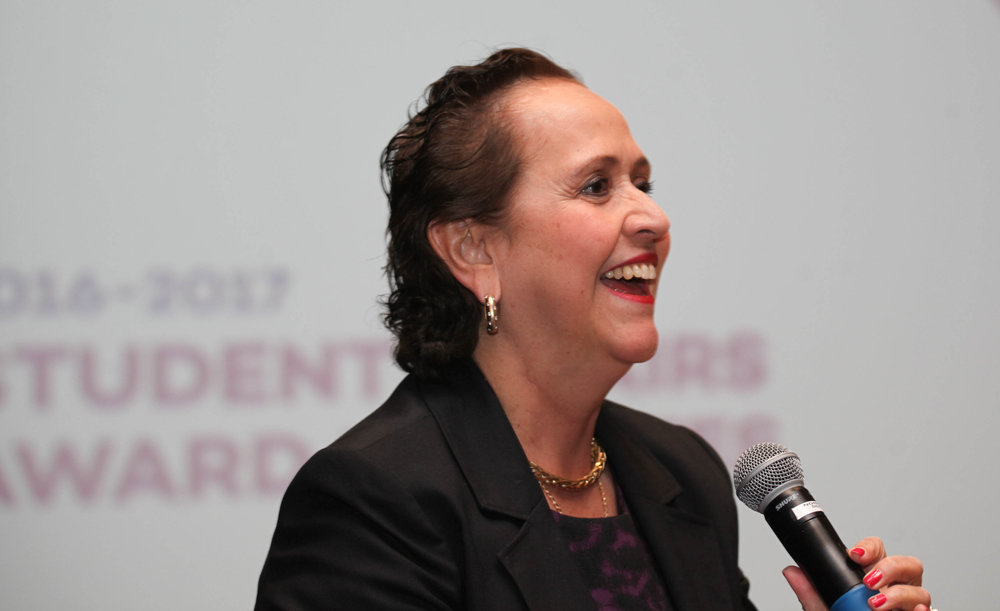
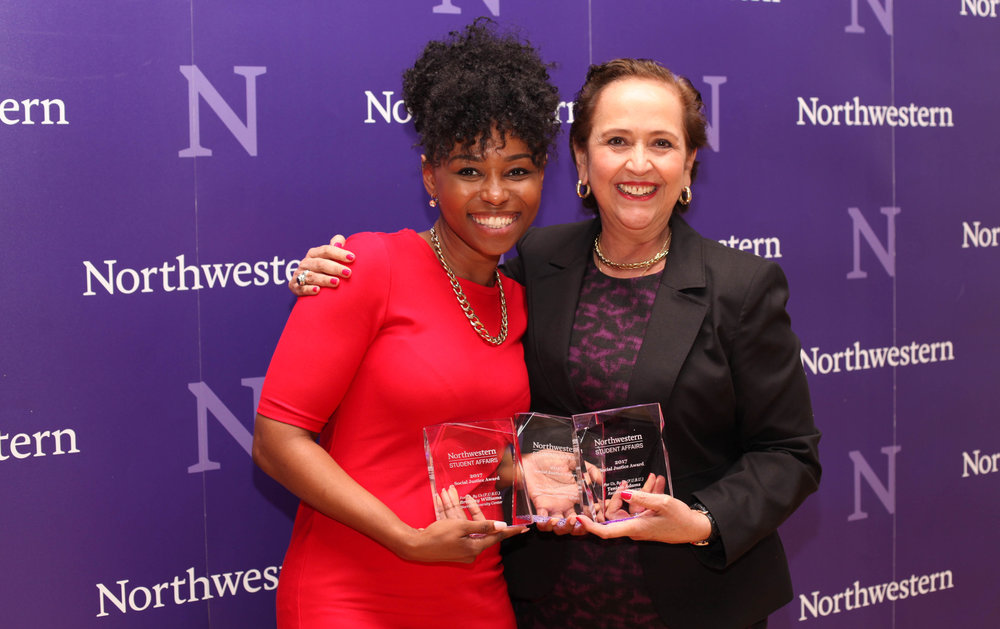


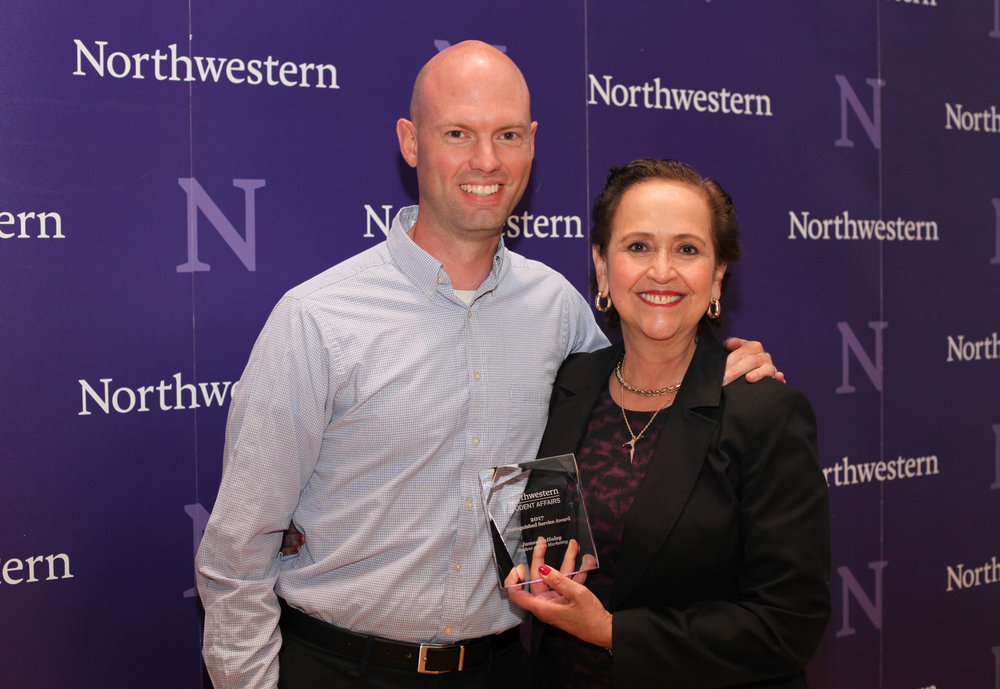





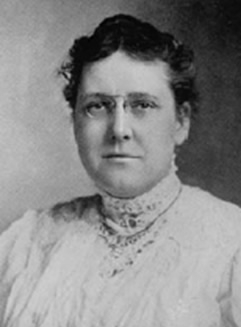




 Members of Cookology, an on-campus student cooking group, prepare dishes for a recent Midnight Dinner.
Members of Cookology, an on-campus student cooking group, prepare dishes for a recent Midnight Dinner. One of the many delectable dishes served at Midnight Dinners.
One of the many delectable dishes served at Midnight Dinners. Residents of Shepard Hall and 1838 Chicago dig into their first course at the last Midnight Dinner.
Residents of Shepard Hall and 1838 Chicago dig into their first course at the last Midnight Dinner.